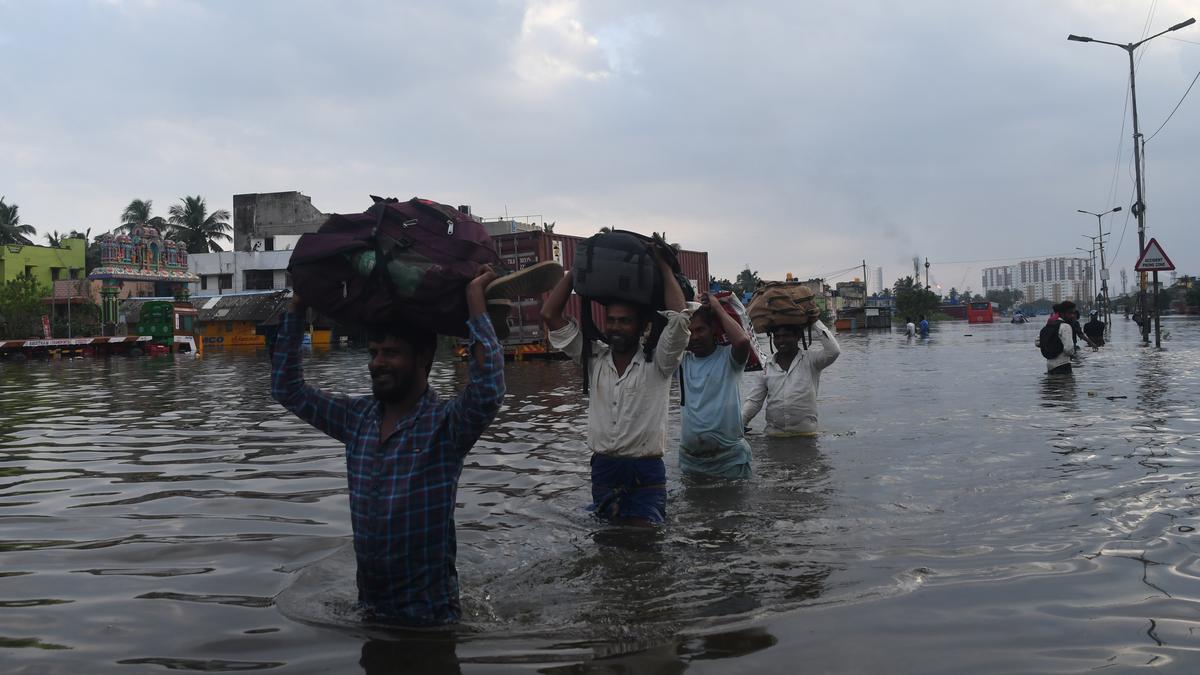There is merit in suggesting that India is perpetually in election mode.
Published: 28 Mar 2024, 8:00 AM IST

i
The Central government recently announced that it is assessing the need to hold the state and general elections simultaneously. The government has notified the constitution of an eight-member committee headed by former President of India, Mr Ram Nath Kovind, to look into the same.
The announcement comes at a time when every year, at least, five states go to the polls thereby exhausting a lot of state resources but also raising pertinent questions related to the voters’ autonomy given a fairly accepted norm of choosing different parties at the central and state level.
Background of the policy
The decision comes at a time when India had simultaneous general and state assembly elections from 1952 to 1967.
The 170th Report by the Law Commission on Electoral Laws Reforms suggested that general and state assembly polls should happen simultaneously and separate schedules should rather be an exception, rather than the norm. Department-related Parliamentary Standing Committee on Personnel, Public Grievances, Law and Justice further contemplated whether there could be alternate schedules to hold elections in 2015.
Legal Aspects
First and foremost, it is important to analyse constitutional concerns arising out of such a policy decision. To be precise, there is only a single precedent of such a move where the states of Andhra Pradesh, Odisha, Arunachal Pradesh, and Sikkim currently go for simultaneous polls along with a five-year general election schedule.
The precedent becomes all the more important as even though the state assembly elections of Rajasthan, Madhya Pradesh, Chhattisgarh, Telangana and Mizoram, and Haryana, Maharashtra, and Jharkhand are scheduled a few months before and after the general elections respectively, the schedule is still kept sacred by the Election Commission. This may be attributed to the federal nature of the Indian constitution.
This concern gets further underscored as the committee constitution as announced by the Government of India does not mention under what provision of the Constitution such a measure has been taken.
Economic Aspects
There is merit in suggesting that India is perpetually in election mode. There are inherent economies-of-scale effects for the state to reap through the implementation of one nation, one election process. As per one estimate, the state expends nearly Rs 5,500 crore rupees over a duration of five years on the electoral process.
The current spanned election process not only exhausts scarce public resources available with the Election Commission but also prohibits farsighted public policymaking by the legislator.
This expenditure becomes all the more pronounced when India is currently vying to find a place on the global stage, be it the geopolitical scenario, or promoting investments and technologies through a favourable law and policy framework.
Logistical Aspects
There is also less discussion on the logistical preparedness of the Election Commission to undertake such an exercise.
Apart from the ancillary support which the EC obtains, It is worthwhile mentioning that the general elections and state assembly elections for big states like Uttar Pradesh and West Bengal are conducted in seven to nine phases and it would be prudent for the constituted panel to undertake a logistical preparedness assessment of the Commission.
The ramping up may further be required on the infrastructural front where the body may have to purchase additional EVMs, enhance storage and transportation capacity requirements and mobilise more security forces.
Competitive Process
Another key and important area lies in the fairness of the electoral process. Elections are about competing political narratives and this question becomes all the more important from the standpoint of regional parties.
As per the available data, there are 55 regional political parties registered in India and, at least, 15 of them are in the government on an absolute or a shared basis.
This is more so when currently one of the national parties is in absolute majority in the parliament. This may result in increased perception around conflict of interest, self-preferencing and unfairness in the competitive process.
Conclusion
The election process lies at the heart of any democracy. It's about free and fair choice to be exercised by the citizens on the ballot. Given the sanctity and vastness of the process, it is imperative for any government to undertake numerous confidence-building measures not only with the opposition parties but with civil society and voluntary groups so that economically efficient outcomes can be reached.
The ongoing discussion on the feasibility of the ‘one nation, one election’ policy is a welcome move in that direction.
There is a further need to be protected against unclaimed notions of regional parties being corrupt and inefficient in nature. If such a requirement is met, we are not only likely to strengthen the democratic fabric of the country but also ensure economic growth for all as per the constitutional vision.
(The article has been authored by Mr Sumit Jain, Founding Director at the Centre for Competition Law and Economics (CCLE) and Dr Nikita Koradia, Assistant Professor at Nirma University. This is an opinion article and the views expressed above are the author’s own. The Quint neither endorses nor is responsible for them.)
(At The Quint, we are answerable only to our audience. Play an active role in shaping our journalism by becoming a member. Because the truth is worth it.)

 1 month ago
101
1 month ago
101


